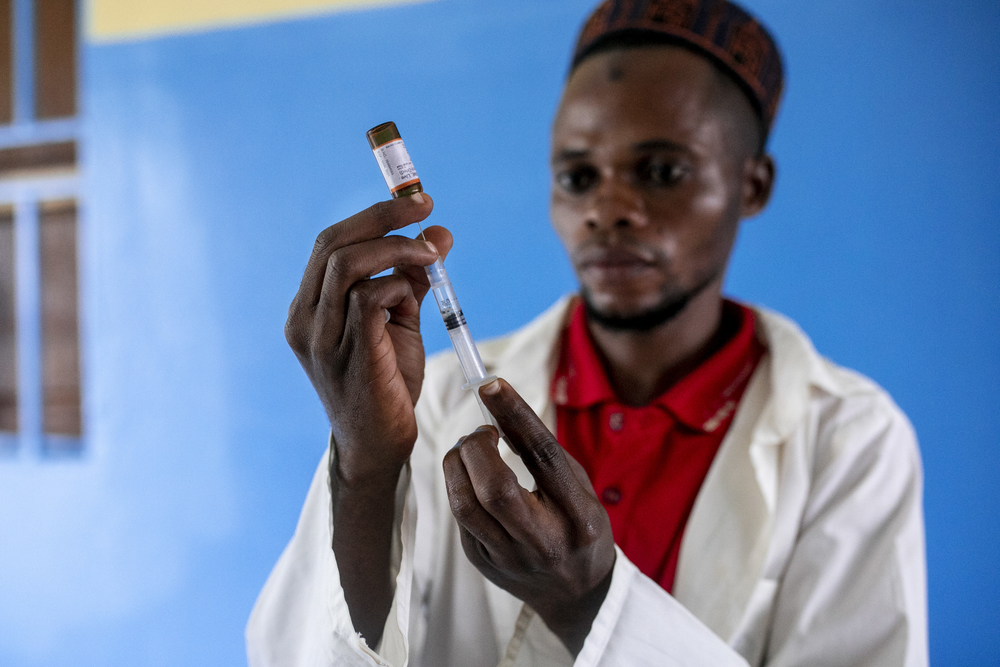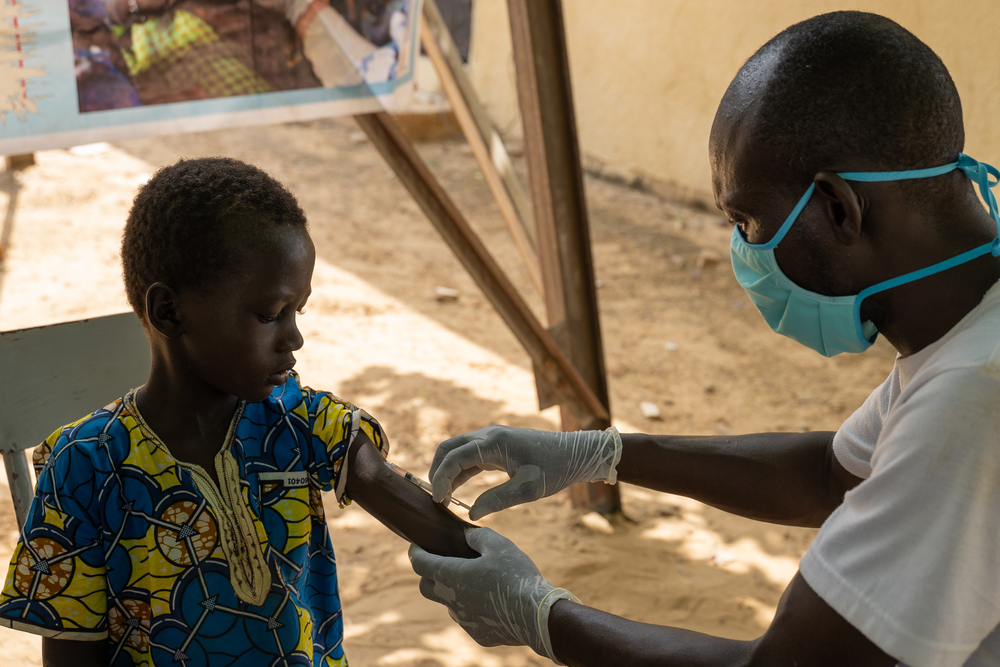“We are strongly urging the Australian government to put people over profits in this pandemic,” said Jennifer Tierney, MSF Australia’s Executive Director. “We’re calling on the Ministers for Trade and Health, Simon Birmingham and Greg Hunt, to get behind the proposal for a waiver that recognises the need for collective global action. This waiver is key to ensuring that all treatments, vaccines and diagnostics for COVID-19 are accessible and affordable, based on needs alone.”
The IP waiver would allow all countries to choose to neither grant nor enforce patents and other IP related to COVID-19 drugs, vaccines, diagnostics and other technologies for the duration of the pandemic, until global herd immunity is achieved. This move harkens back 20 years to the HIV/AIDS epidemic, when affordable generic HIV drugs, made in countries where patents did not block production, began saving millions of people’s lives.
“Not even a global pandemic can stop pharmaceutical corporations from following their business-as-usual approach, so countries need to use every tool available to make sure that COVID-19 medical products are accessible and affordable for everyone who needs them,” said Dr Sidney Wong, Executive Co-Director of MSF’s Access Campaign. “All COVID-19 health tools and technologies should be true global public goods, free from the barriers that patents and other intellectual property impose. We’re calling on all governments to urgently throw their support behind this groundbreaking proposal that puts human lives over corporate profits at this critical moment for global health.”
Since the start of the pandemic, pharmaceutical corporations have maintained their standard practice of rigid control over intellectual property rights, while pursuing secretive and monopolistic commercial deals that exclude many developing countries from benefitting. For example, Gilead entered into restrictive bilateral licensing for one of the only drugs to have shown potential benefit to treat COVID-19, remdesivir, excluding nearly half of the world’s population from benefitting from price-lowering generic competition.



